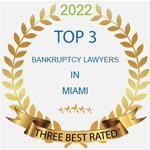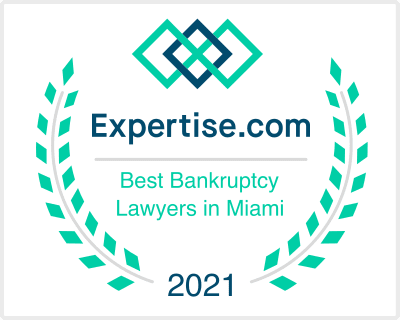Should consumers use bankruptcy as a financial tool?
We live in a capitalist economy. This structure was designed by our founders to allow for failure. Why? It takes failure to find success. Our lawmakers believe the freedom to take risks and try out new ideas is so important to our country’s foundation that Congress decided to enact and continues to support laws that help encourage and protect businesses and consumers who participate in this market.
These laws: bankruptcy laws.
So, bankruptcy is not a bad thing?
When used wisely, no; bankruptcy is not a bad thing. Bankruptcy is, essentially, a fresh start. Big, sophisticated businesses know this and borrow money to invest in a new idea. They move forward with this risk because they know that if that bet fails, they can file for bankruptcy and continue to move forward with another idea.
Consumers can learn from this practice. Instead of using bankruptcy in a similar manner, consumers generally use bankruptcy to help address financial hardships. This can come from a lost job, divorce, or surge in medical bills. Whether facing debt because of these hardships or because of a risk to fund a business venture on a credit card, consumers can move forward with a fresh financial start through bankruptcy.
In these instances, consumers may be able to use bankruptcy as a financial tool, similar to businesses. Two tools available to consumers include:
- Chapter 13 bankruptcy petition. This is basically a repayment plan. In general, a consumer puts together a repayment plan that lasts 3 to 5 years. After meeting the terms of this plan, the consumer can keep qualifying property.
- Chapter 7 bankruptcy petition. This is a liquidation. The consumer essentially sells off certain property to satisfy creditors and, once complete, moves forward with a fresh start.
It is important to note that the bankruptcy process often leaves certain property, such as the family home, untouched. This is because of Florida’s generous homestead exemption.
But doesn’t bankruptcy hurt your credit score?
This is where business bankruptcy and consumer bankruptcy can differ. A business can shut down and the entrepreneurs can move on with a different enterprise. Consumers cannot shut down their previous identity. The bankruptcy will stay on their record, but this is not always a bad thing. In certain situations, the ding to the consumer’s credit from bankruptcy is actually less than the negative impact that can result for those who are continuing to try to survive without bankruptcy.
How does the process work?
Those who are considering bankruptcy first file a petition for relief with the court. This petition will then result in either a discharge of debt or dismissal of the petition. Dismissal, or rejection of the petition, often results from a failure to meet the court’s requirements for the request. Consumers can reduce the risk of rejection by carefully reviewing the requirements and working with an experienced bankruptcy attorney to put together a bankruptcy petition that covers the court’s requirements. One of the best ways for a consumer or business owner to understand their legal options when it comes to bankruptcy is to talk to an experienced Miami bankruptcy attorney and see what protections they may be able to secure through the bankruptcy process. At our law firm, we work with those who are facing debt challenges regain financial stability, making sure that our clients have the information they need to make good decisions when it comes to their overall financial situation.
















